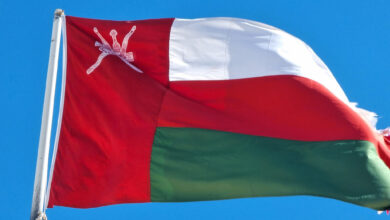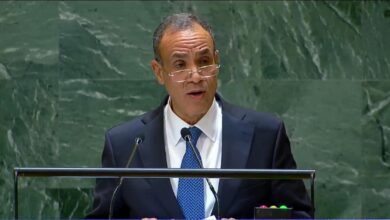
DUBAI, United Arab Emirates (AP) — Oman issued a royal decree on Monday that sets the stage for the sultanate to start collecting value-added taxes beginning in April as it grapples with the fallout of the coronavirus pandemic and oil price collapse.
Oman’s state-run news agency reported the five percent tax “will be applied to most goods and services at each stage of the supply chain.” The decree exempts necessary items like food staples, healthcare, education and financial services from the tax.
All six members of the Gulf Cooperation Council have agreed on a framework to begin collecting so-called VAT taxes.
As part of a series of austerity measures aimed at shoring up revenue amid the pandemic, Saudi Arabia tripled its taxes on basic goods from five percent to 15 percent over the summer. The United Arab Emirates introduced the five percent VAT tax in 2018. Kuwait and Qatar, the remaining members of the GCC, have yet to implement the tax.
Oil-exporter Oman has struggled as global oil prices remain low. A major credit agency in June downgraded Oman and put its outlook as negative, warning the sultanate had failed to stabilize its debt, which stands at around 60 percent of the country’s gross domestic product.
By THE ASSOCIATED PRESS




